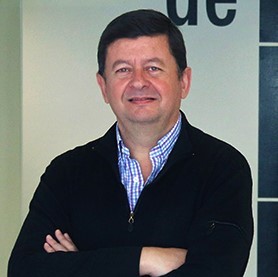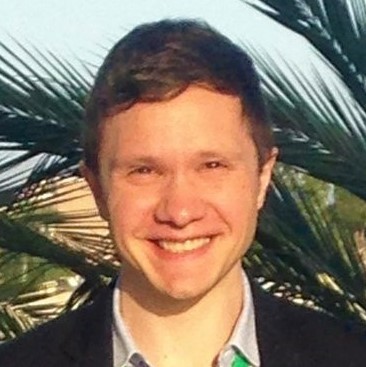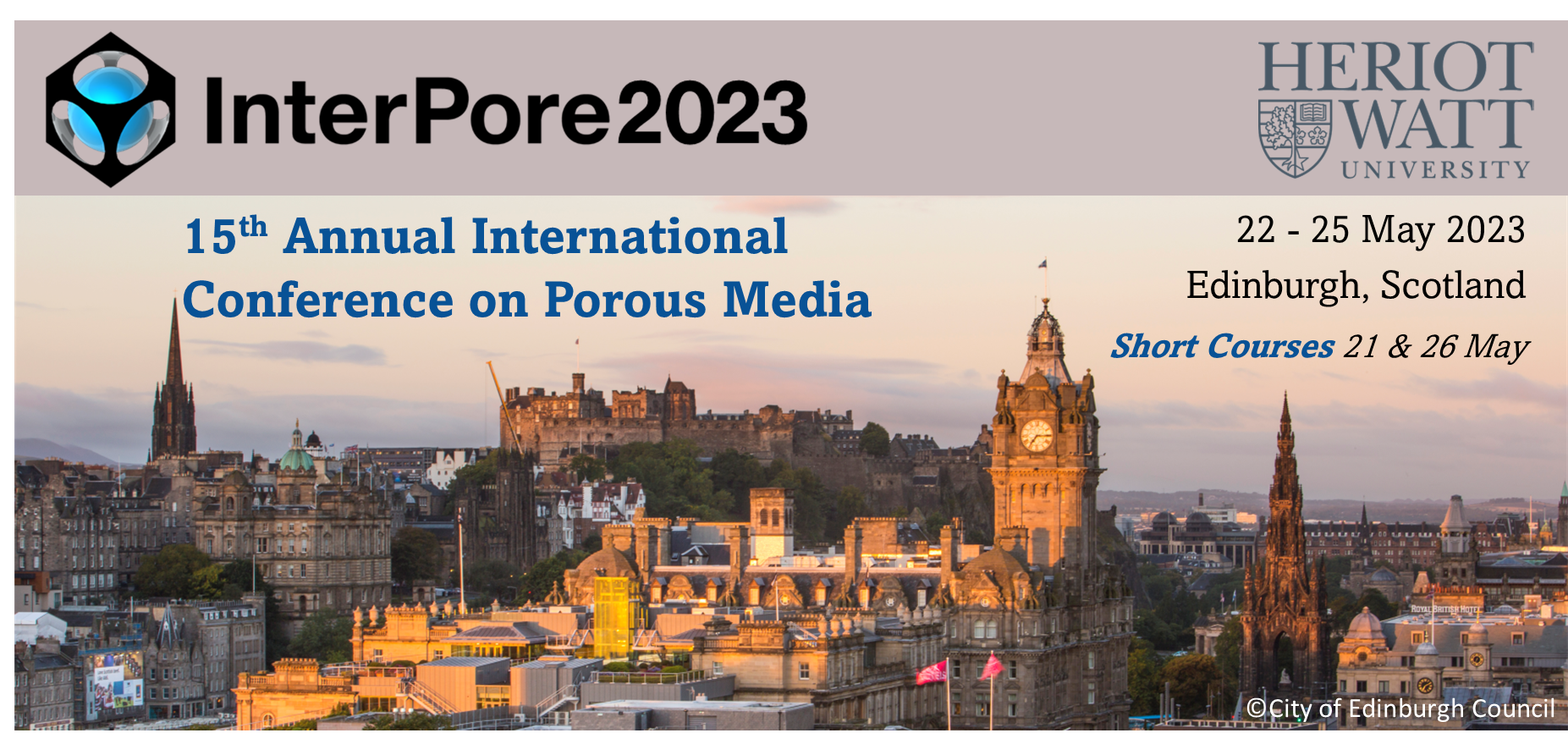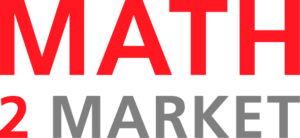Two workshops will be given on Wednesday during the parallel sessions. The workshop events organized by the Student Affairs Committee (SAC) and Student Local Organizing Committee are free and open to all registered participants of InterPore2023.
Workshop A
What makes a good research paper? 10 tips for success

Jaime Gómez-Hernández
Date and time: Wednesday, 24 May 2023, 12:00 – 13:00
Through several real cases, the attendants will learn the common mistakes made when submitting a manuscript for consideration to a specialized journal. Everything will be presented using examples based on actual submissions in a very casual and lively way. Many previous attendants to this workshop have overcome the hurdle of the dreaded rejection letter.
For many years, Professor Gómez-Hernández has served on the Editorial Boards of the Journal of Hydrology, Journal of Hydrogeology and Mathematical Geology. He is still a member of the boards of Advances in Water Resources, Mathematical Geosciences, Water, and Springer Nature Applied Science. He has rejected too many manuscripts in the last 20 years and can tell you what to do to avoid rejection. He will also discuss how to deal with non-scientific reviews and what to do when you know the review/reviewer is incorrect.
Workshop B
BetterPoster: How to create a better research poster in less time

Mike Morrison
Date and time: Wednesday, 24 May 2023, 14:15 – 15:30
Posters are a huge part of academic life. At most conferences, there will be a room where attendees can hang up their posters, and specific parts of the conference where researchers are encouraged to read posters and discuss them with the author. You are probably familiar with the experience: rows and rows of giant boards alerting passers-by to the newest research in the field. These posters are supposed to serve as jumping-off points for scientists to discuss their work and efficiently convey new insights to someone navigating the hall in an hour or less. Unfortunately, the typical conference poster, which is long on information and short on design, fails on both points. This means that at each conference, important information is glossed over or missed entirely.
The #BetterPoster makes you think about how you’re presenting the information. The clearer your message, the more people will remember and engage with your research. And that’s what poster sessions are all about!







